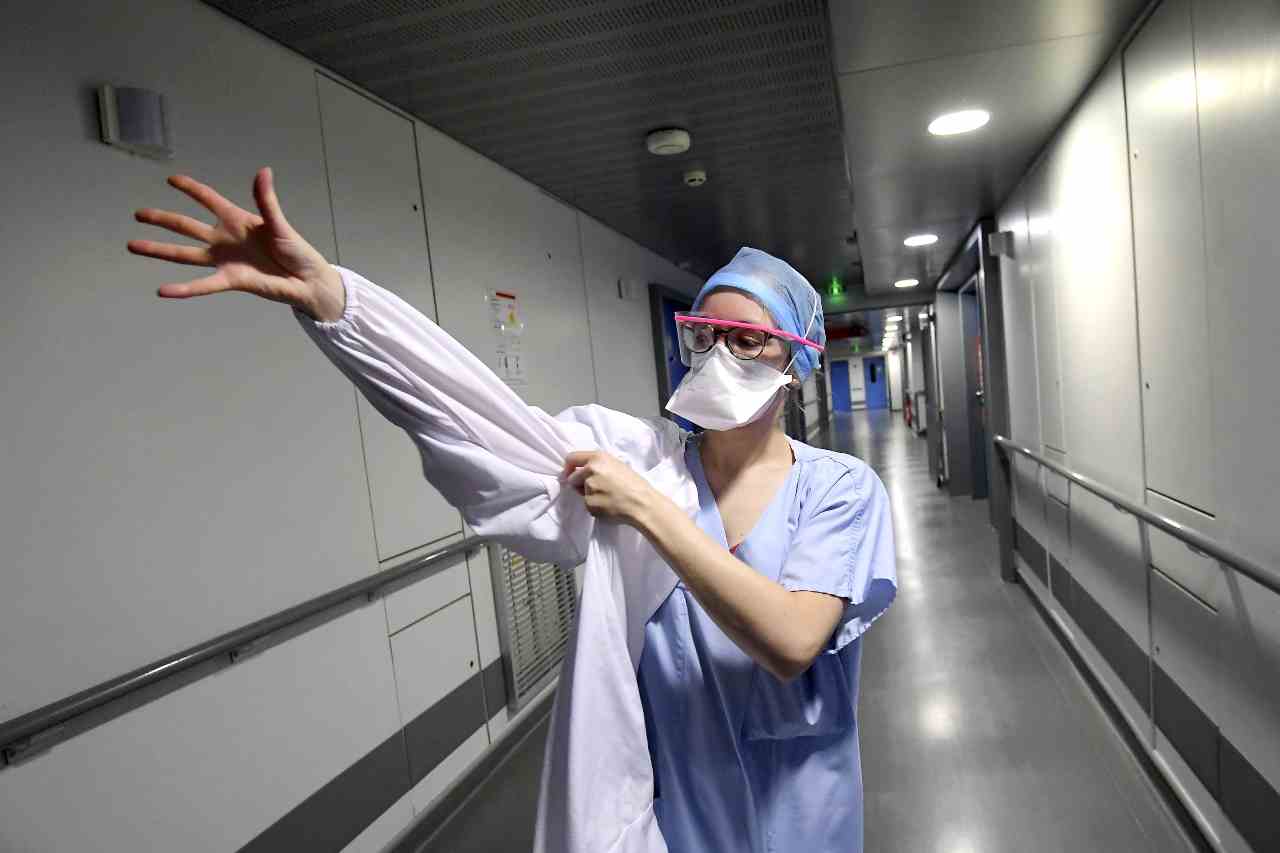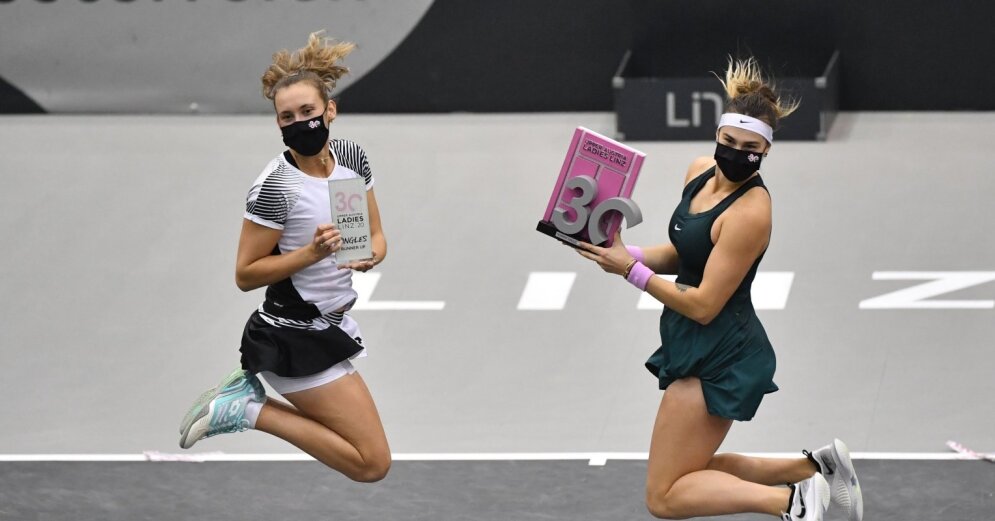In Genoa, a document was presented with the draft of the protocol to be followed for the home care of patients suffering from Coronavirus. And the Italian doctors don’t like it at all. Meanwhile, the new bulletin of the Ministry of Health updates the contagion data: the number of daily deaths shows no sign of decreasing.
I’m 33.979 i positive for Coronavirus identified in the last 24 hours in Italy, according to data from the Ministry of Health. The dead are 546, two more than yesterday. Intensive care is also under pressure: the number of hospitalized patients has increased by 116 units. The total number of people in intensive care is 3.422. Admissions to ordinary wards increased by 649 units, bringing the total to 32,047. The number of swabs decreased: 195,275 swabs were carried out, over 30,000 fewer than yesterday, with the usual sharp decline of the weekend. Another worrying figure is the ratio between positives and tests is 17.4%, up by more than one percentage point compared to yesterday.
The problem of home care
“This is not the right system to provide information, we stopped in March-April”, it is the protest of family and general practitioners regarding the new rules for administering the home care to Covid patients with milder symptoms who will be treated directly at home or in appropriate hotel facilities. The rules – still provisionally – are drawn up by Agenas, the national agency for health services, under the guidance of Dr. Matteo Bassetti, director of the San Martino Infectious Diseases Clinic, appointed by Minister Speranza as national coordinator in the management of Covid patients.
These are essential rules to give some relief to a health system that is extremely in difficulty and that in some territories – like Monza and Naples – has already reached overload. One solution though it must provide clear and simple answers to the questions of the health personnel who will be in charge of managing this initiative. But GPs protest: “We have not been consulted by anyone. The protocols were drawn up without our help and leave us a very limited freedom of action ”.
Regarding home care, doctors they can practically do nothing in the case of certain very frequent symptoms in patients with Coronavirus: “We can give patients with a fever below 38 degrees paracetamol or aspirin. If the fever rises above 38 degrees and lasts more than 96 hours with the presence of cough and dyspnoea, the indications remain the same with the addition of the administration of heparin. And that’s it “, doctors say. The document was presented by Matteo Bassetti who heads the Infectious Diseases Department of the San Martino Hospital. The draft of the document has been drawn up during a meeting with the heads of general medicine in Genoa. The doctor wanted to specify that in severe cases, the patient however, he is transferred to the hospital. To help family doctors in this onerous task, video consultations are available: “In this way, it will be possible to consult the hospital staff without actually going to the site, helping us to decongest the care facilities”, Bassetti added.
Home care, doctors: “They send us to the fray”
Another protest comes from the director of the Federation of family doctors Pier Luigi Bartoletti who states: “Home care, administered at home or in the ‘Covid hotels’ that the Government is assisting, cannot be entrusted to unprepared doctors, we must receive clear indications and preparation that allows us to manage the emergency. Moreover, send doctors of a certain age assisting the sick is very dangerous for their health, they must have suitable equipment and not be sent without the necessary means ”. Once again, the measures taken by the Government trigger discontent in the category concerned: unfortunately, it is not the first case in which a measure it is not very clear and is criticized by those who should implement it.
The Minister for Regional Affairs Francesco Boccia meanwhile, it is setting up the facilities that will serve the purpose of keeping less serious patients out of hospitals: “We need at least one hotel per province in order to cover the entire regional territory with adequate facilities”, are his words. To do this, the minister consulted the extraordinary Commissioner for the Covid Emergency Domenico Arcuri. Meanwhile, the emergency continues to rage in the country: with many hospitals now at the end of his strength, reducing the flow of patients who present daily in wards with less severe symptoms than those who end up in ICU could be a great relief for healthcare professionals.
–


